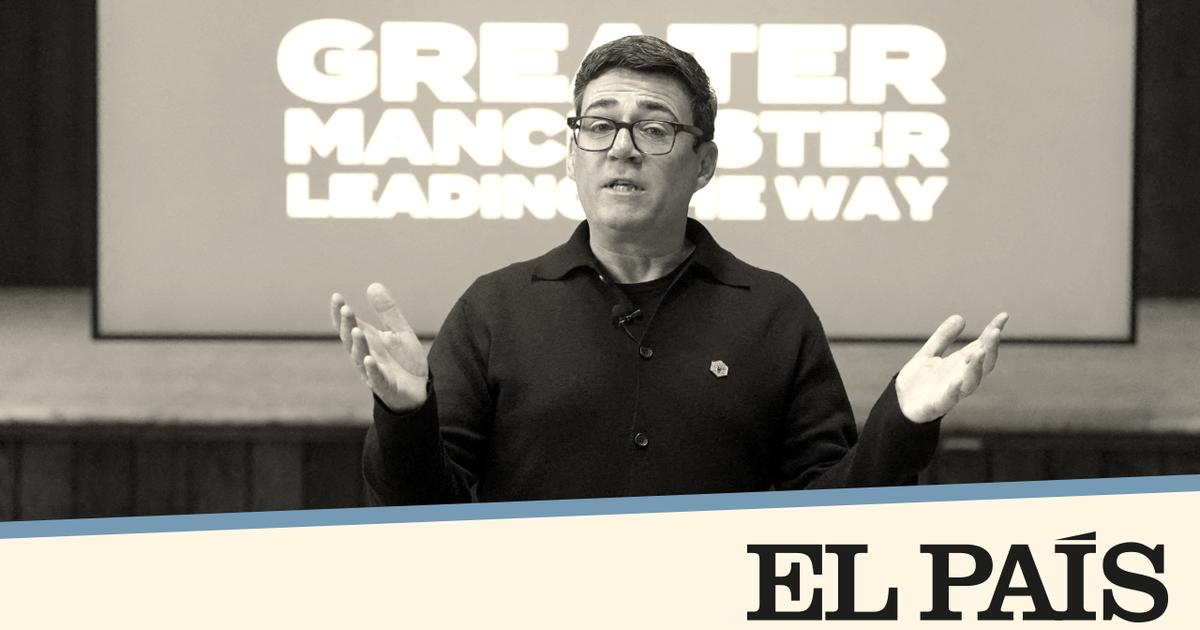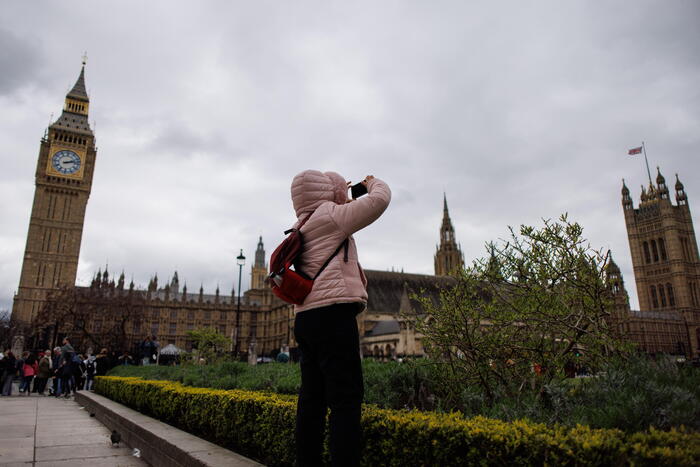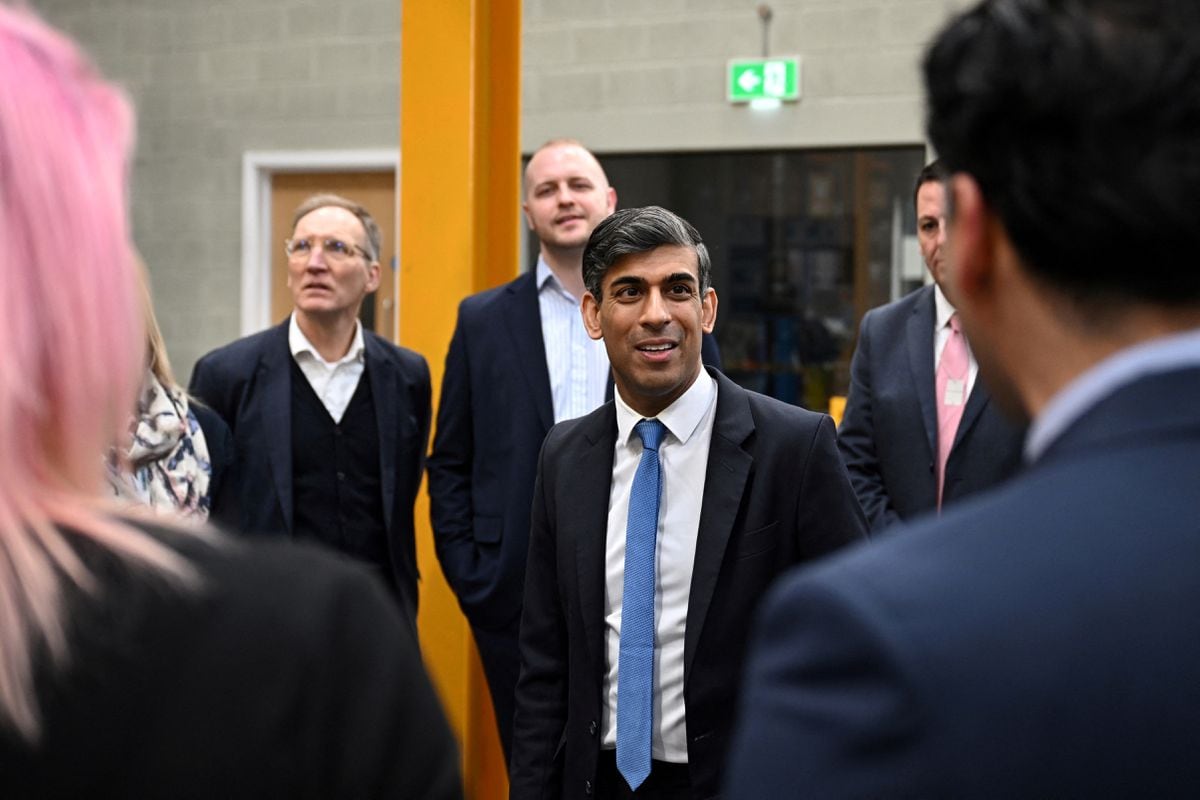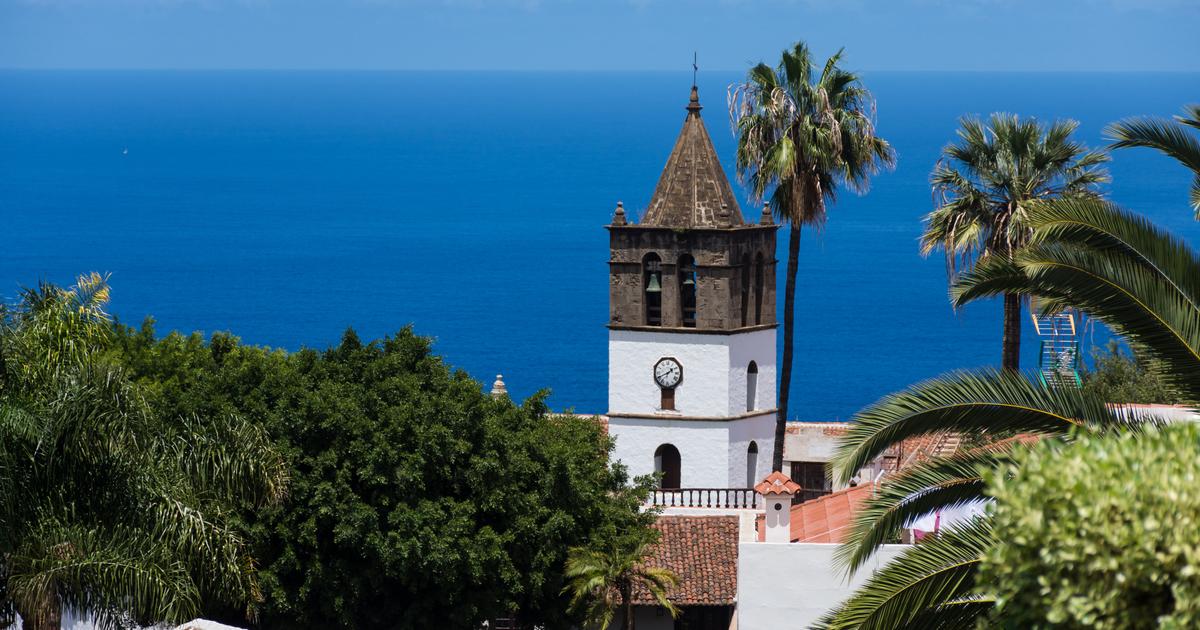column
In the past three and a half years, various promises by the Brexiteers have proven to be unsustainable.
They promised more money for the state health service NHS if Britain no longer had to pay to the Brussels coffers as a net contributor - an announcement that they had to withdraw immediately after the referendum won in June 2016.
They promised less immigration - and found that the forthcoming exit from the EU has largely brought immigration of continental Europeans to a standstill, but more Indians and Chinese are immigrating to the island.
Now Boris Johnson, the prime minister who has just been elected by a large majority, promises that Brexit is "oven-ready" like a fast food dish that can be quickly prepared in the microwave, as he claimed in an election campaign spot. He wants to bring the negotiated contract with the EU through the House of Commons and the EU Parliament by the end of January. Then, according to this reading, Britain is free to regain national self-determination - the campaign slogans "Take back control" and "Let's get Brexit done" should finally come true.
Really?
Here is a prediction: This promise will also prove to be an illusion. After the formal exit, it is about negotiating future relations with the EU. An agreement must be in place by the end of 2020. Then the transition period ends, during which the United Kingdom is no longer a formal member of the EU, but in fact it is. This is extremely ambitious, if not impossible.
So far, hardliners among the Brexiteers have claimed that there is no need for an agreement with the EU. On the basis of the existing rules of the World Trade Organization (WTO), one could simply continue on one's own and help "global Britain" to gain new momentum on its own. Since the beginning of the Brexit debates, the idea has arisen that if all negotiations fail, Britain can simply continue with WTO rules.
In case of doubt, they will trade according to global rules - with Europe and the rest of the world. The WTO option is still considered a kind of EU cancellation insurance.
There is only one catch: the rules of the WTO are rapidly declining. Should negotiations with the EU fail or be delayed, Britain would actually be on its own.
The WTO is not a realistic option
The WTO option will not work for two reasons:
- First, the mechanism for resolving trade conflicts has actually been broken this week. The appellate court is no longer able to work because the United States has long blocked the appointment of new judges; of the remaining three, two have now reached retirement age. From now on, in the event of disputes between WTO member states, independent arbitral awards of a respected institution that applies international law will no longer apply. From now on, the law of the fittest applies. And that will not be the UK in many future trade conflicts.
- Second, the WTO rules are out of date. The last comprehensive agreement was signed in Marrakech in 1994 when the "Uruguay Round" under the General Agreement on Tariffs and Trade (Gatt) was concluded and the WTO was also agreed upon. A comprehensive update has been missing since then. At the beginning of the 1990s there was no talk of e-commerce, global data flows, cloud computing or high-frequency trading with complex financial products. It would be correspondingly difficult for an economy like the British, which specializes in the export of highly specialized services, to work under the old rules in the future.
If the Brexiteers claim that the WTO option is still available, they will ignore how radically the global economic scenario has changed in the past two decades.
A brief history of world trade
The post-war multilateral trade regime was a limited arrangement. Under the roof of the Gatt, it was about the exchange of industrial products between western market democracies. The leading power was the United States. Nothing worked without Washington, America guaranteed the world trade order.
All of this has changed since the Uruguay Round ended: it is no longer just about trading in industrial products, but also about services, data and agricultural products. A club of western states under the leadership of the United States, the only real world power at the time, has become a global, but leadership-free organization.
The WTO now has 164 countries, which handle 98 percent of world trade. The US is no longer the dominant power that could stabilize the regulatory framework. The rise of China, piloted by the United States itself into the WTO at the turn of the millennium, has fundamentally changed the balance of power. Contrary to expectations, China has not moved closer to the West. It remains a state capitalist economic power that intervenes massively in the markets, supports strategic industries and at least approves the appropriation of foreign intellectual property. The WTO rules are not designed for such a large dynamic dictatorship.
In the past, it was enough for the United States and the EU to come to an agreement, and the two big players then had to compromise with other trading powers such as Japan, Brazil, Australia and India. But no agreement was reached in the two thousand years. The last major trade round, which started in Doha (Qatar) at the end of 2001, has in fact failed after several attempts in the past decade. With the rise of China, conditions have become even more difficult.
A core agreement that was concluded in Bali in 2013 remained the only agreement so far under the WTO umbrella. However, the contract fell far short of the goal of updating the trading rules. The most important point of the Bali agreement was the facilitation of goods handling at the borders.
Precisely because it was not going ahead with the WTO, many countries sought bilateral or regional agreements. The EU and the US entered into agreements with smaller countries that allowed more advantageous market access than the WTO rules. These contracts became more and more extensive. They now also include rules for the exchange of complex services, the protection of investments or social and environmental standards. In doing so, they are interfering with national legislative rights - one reason for the furious protests against the (now failed) transatlantic agreement TTIP.
The WTO remained a body to settle disputes regarding trade in industrial products, such as the recent subsidy dispute between Boeing and Airbus, or the recurring allegations of dumping against Chinese steel exports. But the Geneva judges were no longer responsible for many other important cases of conflict. And if they interpreted the outdated rules widely - in an effort to take account of the new economic realities - the accusation of competence presumption met them.
If Brexiteers prefer the WTO option to EU membership, this stance is based on a somewhat adventurous ignorance of global economic facts.
Johnson's alternative
As unreasonable as Brexit is: In order to limit the damage, the UK not only needs a ratified exit agreement by the end of January, but also a comprehensive agreement with the EU by the end of 2020. Experience with the Ceta agreement between the EU and Canada, for example, shows that it takes not months, but years to negotiate such contracts. Since these are so-called mixed agreements, it is not the EU level alone that can make decisions, but national and sometimes regional parliaments also have to agree. The ratification of the Ceta procedure ultimately depended on the vote of the Walloon regional parliament.
Given Britain's close ties with the EU, the deal should be more comprehensive than previous trade agreements. It would be correspondingly more complex to negotiate and ratify. Against this background, the schedule seems extremely ambitious. Realistically speaking, Boris Johnson's government faces the following alternative:
Either the schedule is kept as the prime minister promised his voters and agreed with the EU; but then a reasonably comprehensive agreement will only be possible if the EU - in the person of chief negotiator Michel Barnier - dictates the rules. There would simply be no time for haggling over a single question.
Or the transition period is extended to years. During this time, the United Kingdom would effectively remain a member of the internal market and would have to apply EU rules, but should no longer have a say.
The recovery of national sovereignty, the real goal of the Brexiteers, is somehow imagined differently.









/cloudfront-eu-central-1.images.arcpublishing.com/prisa/W7LXNNLUAS4RTRH4YTRS7U3MAU.jpg)





